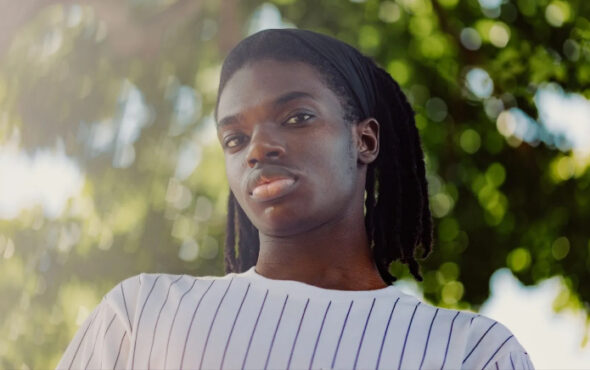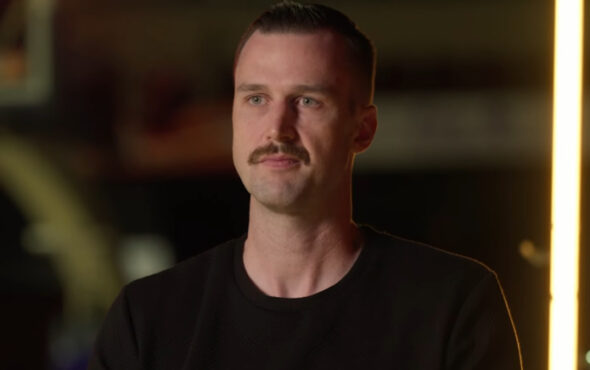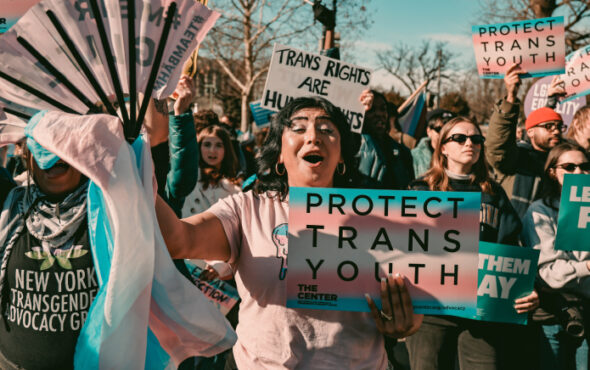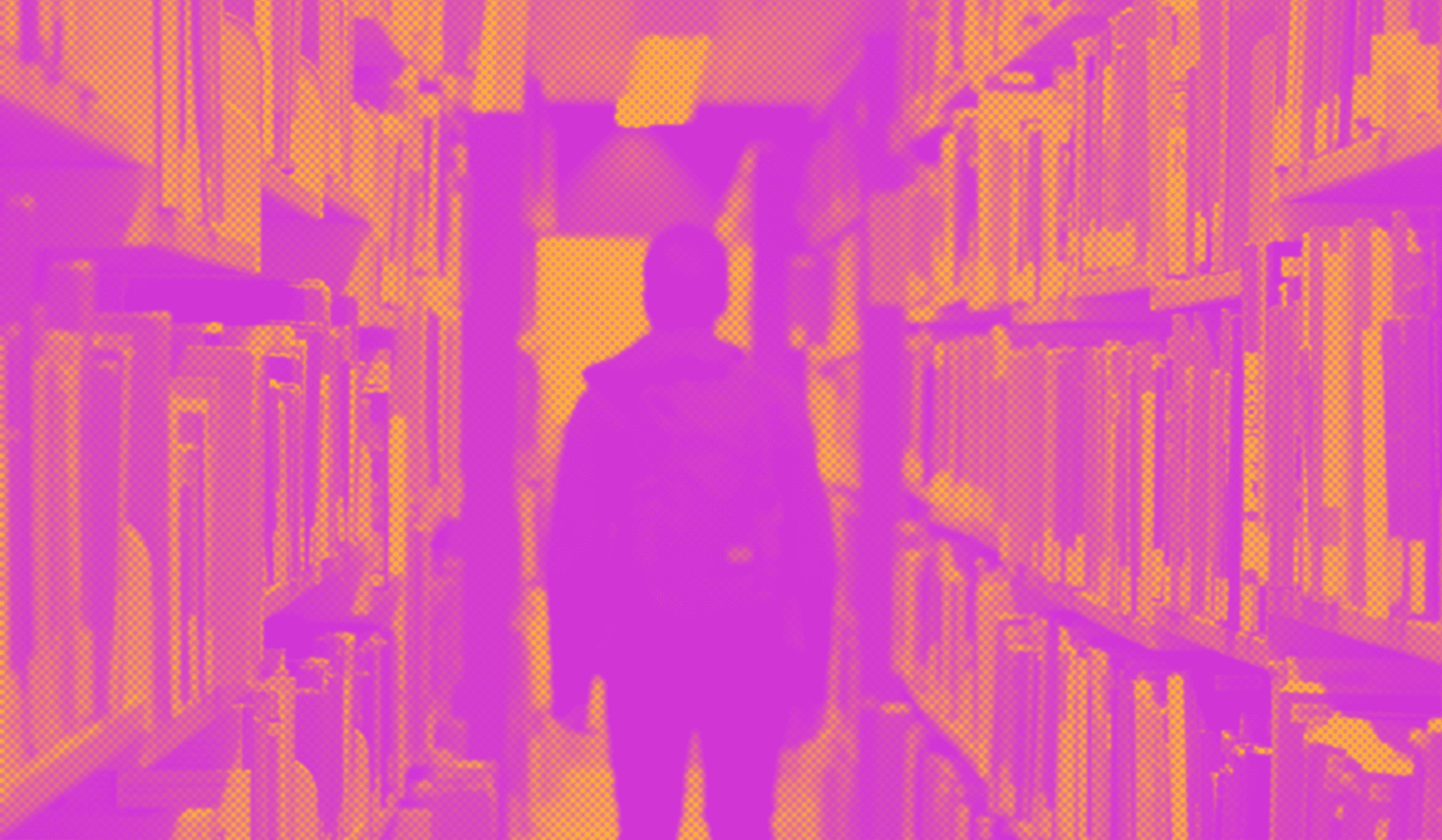
My school years feel like worlds away from the classrooms I have been welcomed into as a volunteer speaker with charity Just Like Us.
As someone who was taught by teachers still reeling from the effects of Section 28, it is amazing to now be able to talk about LGBTQ+ identities and experiences so openly in schools with teachers and pupils.
The words lesbian, gay, bisexual and transgender didn’t seem to be in the vocabulary of any teachers at my comprehensive school. Instead, homophobic insults would be shouted out across the classroom at anyone deemed ‘different’ or who didn’t fit neatly into the traditional gender roles still being clung to in the north-eastern, former-mining town I grew up in.
Don’t get me wrong, I feel very proud to be a Geordie. I love Newcastle and it’s where I still call home today. It’s a city and region with a rich history and identity, a place with a vibrant LGBTQ+ scene and a city that is home to two large universities.
I will staunchly defend my hometown against any southern ideas of what to call a bread bun or if a coat is acceptable attire on a winter night out on the toon (it’s not, and never is).
But growing up in a working-class family, in a small town on the coast, all I knew were the heteronormative narratives I was surrounded by. My LGBTQ+ identity was at odds with the traditional, gendered roles that seemed to be the only viable way to be for girls in my town.
As a very small child I knew that I liked girls. I didn’t have the language to say that I was a lesbian but I knew that I couldn’t ever picture myself being with a man and that the relationships that I saw around me weren’t something that would be a part of my future. Just like how I knew I was left-handed, I knew that I wasn’t straight.
However, I quickly realised that labels like lesbian were often used in a negative context and I never heard them outside of casual – and sometimes less than casual – homophobic remarks made by my friends and family.
Even when my family knew LGBTQ+ people, their identity as members of the community was never discussed. It wasn’t until after I entered my 20s that I found out I had a great uncle who would make amazing suits out of curtains as a teenager and who had lived with his American boyfriend and who had ultimately passed away from AIDs before I was born.
I wonder what impact it would have had on me as a small child if I had been shown old photos of him and been told about his glamorous life down south with the man he loved.
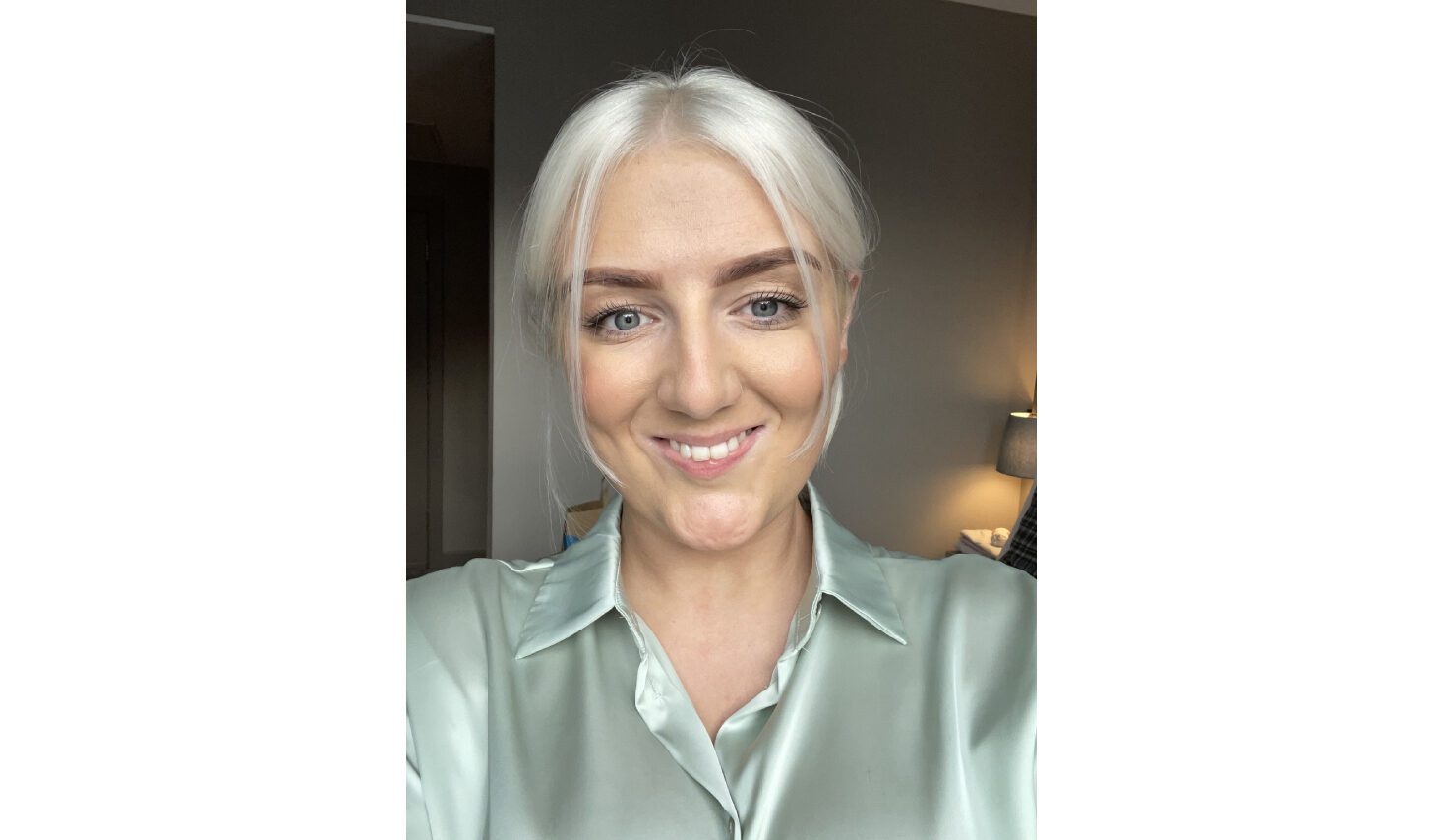
Because of the exclusively derogatory remarks I heard made about LGBTQ+ people, being called a lesbian felt like the worst thing someone could have accused me of being. When I was growing up, I would have done anything to avoid the label.
From the homophobic comments in school to the rigid stereotypes that were perpetuated of what a lesbian was and wasn’t in the media – this all left me reeling and conflicted with what I had always knew about myself.
I thought, ‘I’m the ‘girly girl, how can I be a lesbian?’ How can it be possible if I’m not everyone says a lesbian looks like?
Hiding my identity so vehemently didn’t just halt dating or me being me. It also stopped me from building friendships. How could I forge real friendships when I couldn’t be myself? Or when you don’t trust your own instincts about your identity?
I’m so thankful that my current reality looks different. Being an ambassador with Just Like Us has allowed me to heal wounds from my closeted school years by helping to make an impact on the next generation of LGBTQ+ kids.
As a volunteer, I go into schools and show that LGBTQ+ people’s lives can be full, positive and diverse. Speaking to young people in schools up and down the country is something I am very proud of and I know a Just Like Us school talk would have totally changed my understanding of what it means to be LGBTQ+ for the better.
I spent my school years paranoid and confused, too scared to make any meaningful connections with my peers – some of whom also turned out to be members of the LGBTQ+ community!
My hope is that talking in schools about LGBTQ+ identities will allow more young people to embrace their multifaceted identities and connect with each other. I want them to see that there is more than one way to be LGBTQ+.
Chloe is a Just Like Us ambassador. The charity needs LGBT+ volunteers aged 18-25 – sign up now to get involved.
